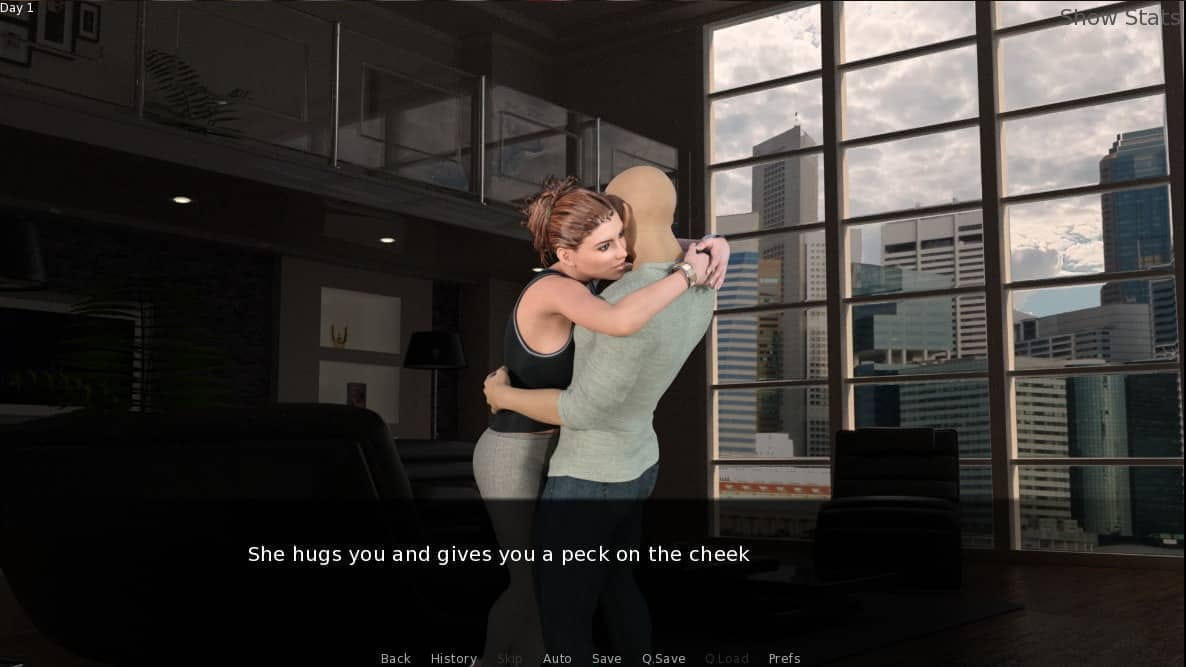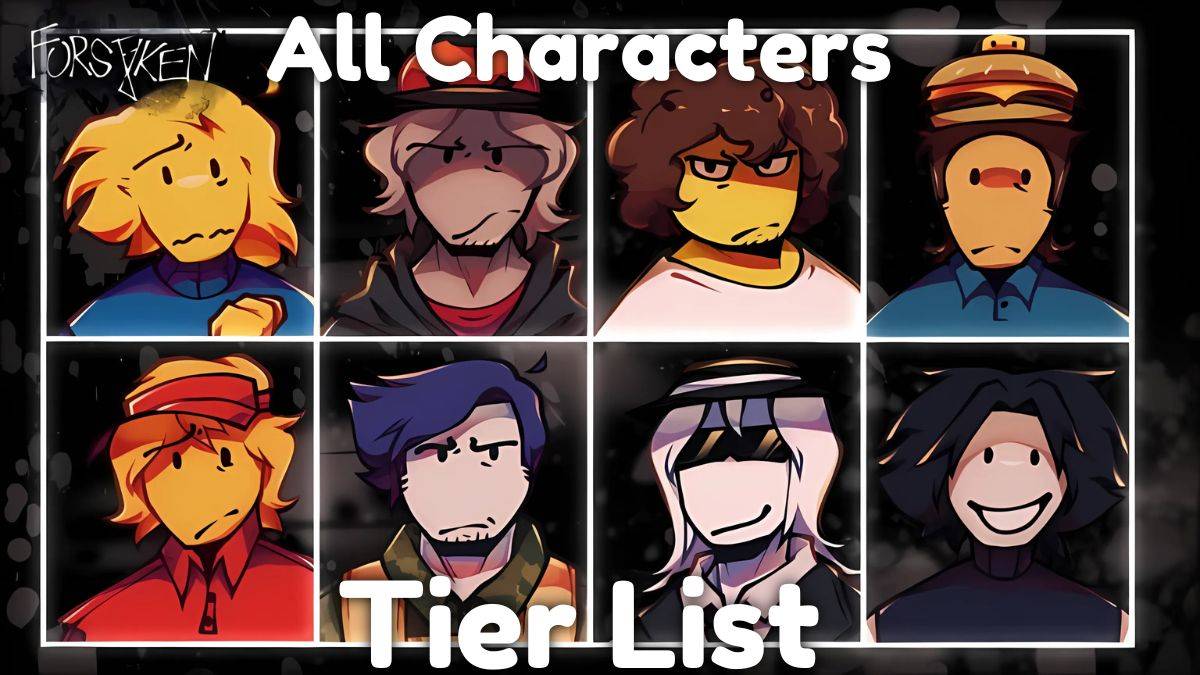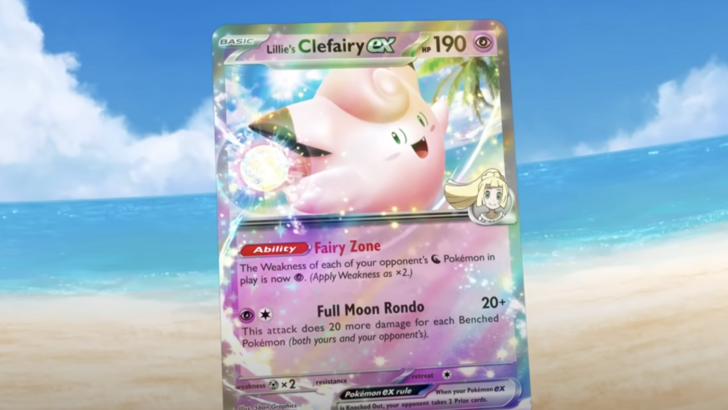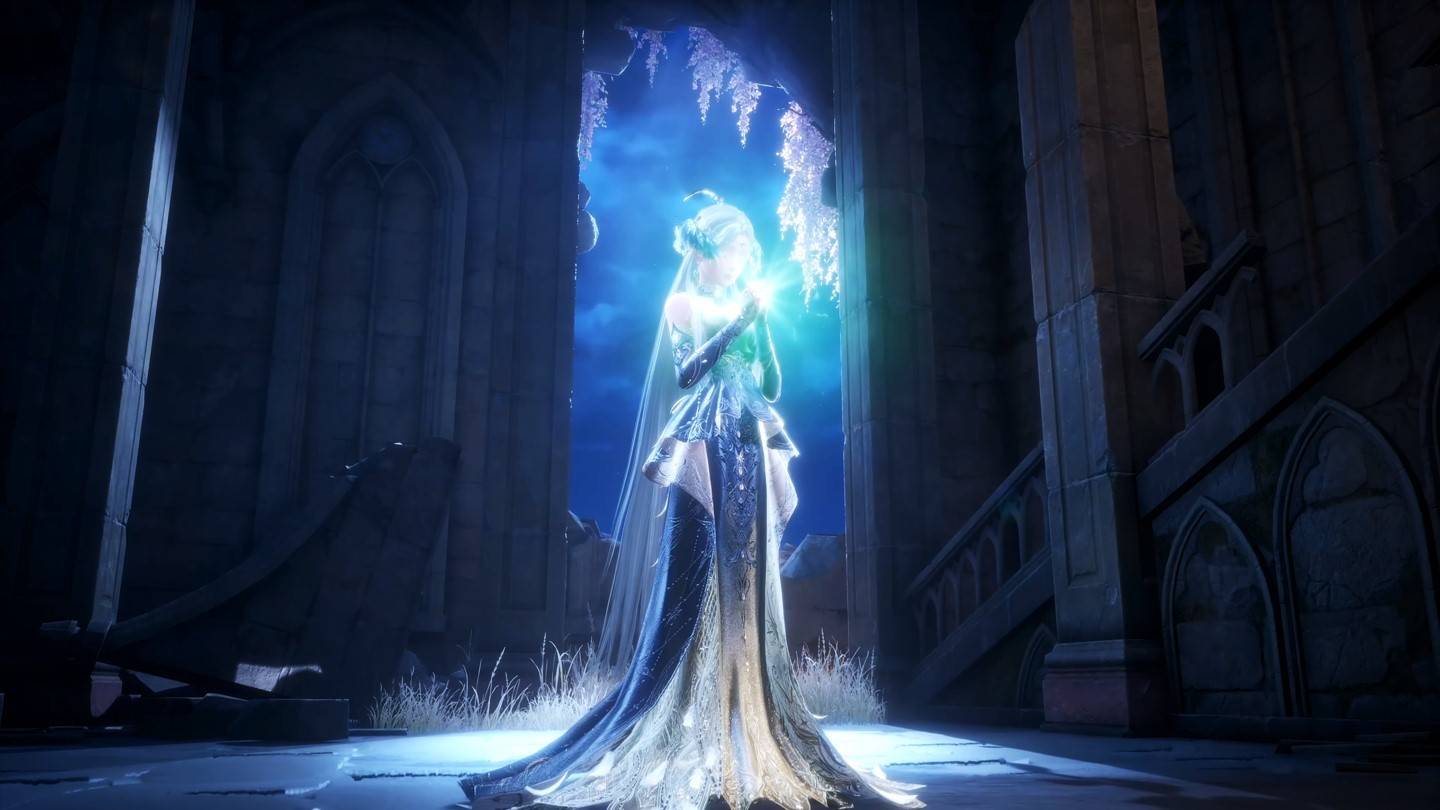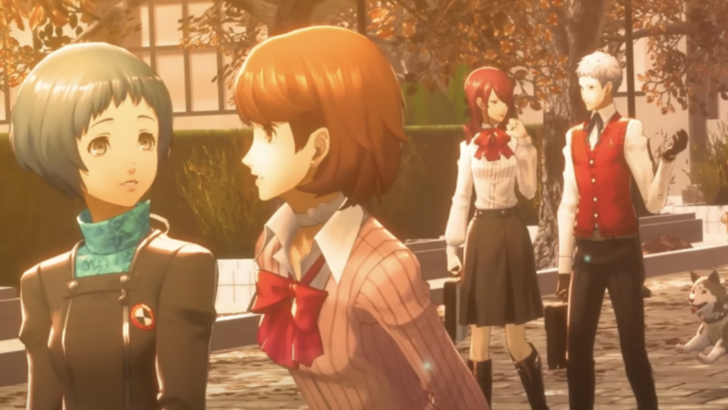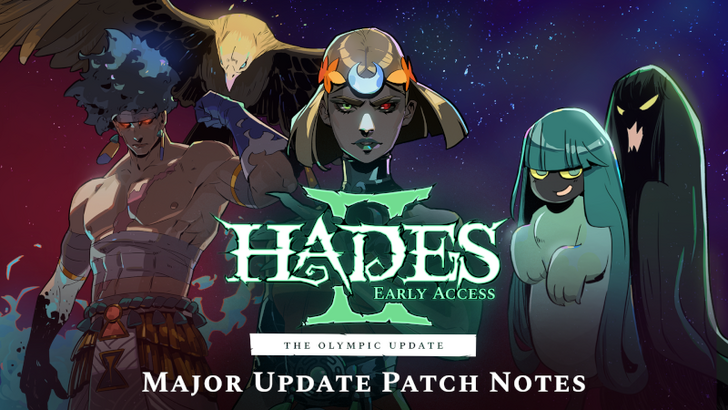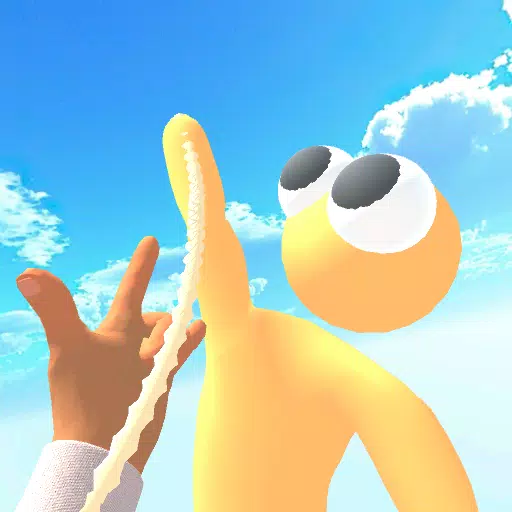Shuhei Yoshida Resisted Sony's Live Service Strategy
Former PlayStation executive Shuhei Yoshida has expressed reservations about Sony's strategic shift towards live service video games, a direction he might have opposed had he remained in his role. Yoshida, who served as President of SIE Worldwide Studios from 2008 to 2019, shared these insights in an interview with Kinda Funny Games following his departure from Sony after 31 years. His comments come at a challenging time for PlayStation's live service ventures, highlighted by the stark contrast between the success of Arrowhead's Helldivers 2 and the failures of other projects like Concord.
Helldivers 2 achieved remarkable success, selling 12 million copies in just 12 weeks and becoming the fastest-selling PlayStation Studios game ever. In stark contrast, Concord faced a disastrous launch, with the game being taken offline after only a few weeks due to extremely low player engagement. This led Sony to cancel the game entirely and shut down its developer, Firewalk Studios. The financial impact was significant, with Kotaku reporting that Concord's initial development deal was around $200 million, not including the cost of acquiring the IP rights or the studio itself.
The failure of Concord was not an isolated incident. Sony also canceled Naughty Dog’s The Last of Us multiplayer project and two other unannounced live service games, one being a God of War title at Bluepoint and another at Bend Studio, developers of Days Gone. Yoshida reflected on these decisions, noting that during his tenure, he managed budgets and allocated resources to various game types. He suggested that if he had been in Hermen Hulst's position, the current CEO of Sony Interactive Entertainment Studio Business Group, he might have resisted the shift towards live service games.
Yoshida acknowledged that Sony was aware of the risks associated with live service games, given the competitive nature of the genre. However, the company provided additional resources to explore this avenue while continuing to support single-player titles. He praised the unexpected success of Helldivers 2, emphasizing the unpredictable nature of the gaming industry. Yoshida hoped that Sony's strategy would eventually pay off, despite his personal reservations.
In a recent financial call, Sony president, COO, and CFO Hiroki Totoki discussed the lessons learned from both Helldivers 2 and Concord. He admitted that Sony should have implemented development gates, such as user testing and internal evaluations, much earlier in Concord's development process. Totoki also pointed to Sony's "siloed organization" and the timing of Concord's release, which coincided with the launch of Black Myth: Wukong, as factors contributing to its failure.
Totoki emphasized the need for better cross-organizational collaboration and more strategic release windows to avoid cannibalization and maximize performance. Sadahiko Hayakawa, Sony's senior vice president for finance and IR, echoed these sentiments, stating that the company would share the lessons learned from both successes and failures across its studios. This includes improving title development management and the process of adding content post-launch to strengthen their development system.
Looking ahead, Sony plans to maintain a balanced portfolio that includes both single-player games, which have a higher predictability of success due to established IPs, and live service games that carry more risk but offer potential upside. Upcoming PlayStation live service titles include Bungie’s Marathon, Guerrilla’s Horizon Online, and Haven Studio’s Fairgame$.
Latest Articles






